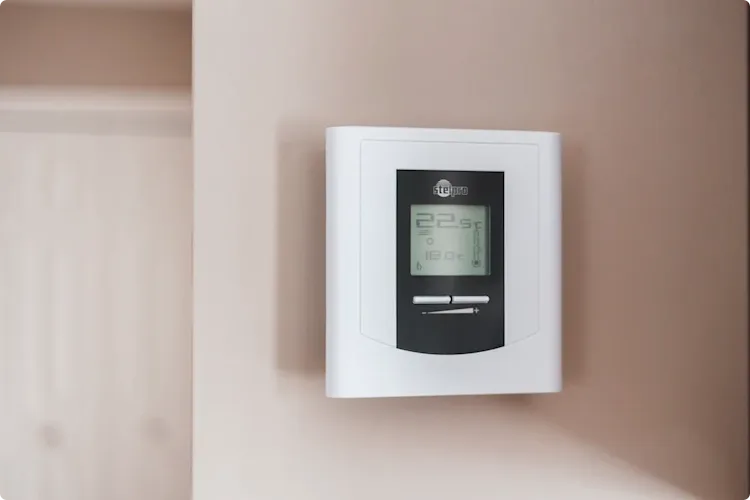For many people in the UK, making their home as energy efficient as possible is high on the agenda, especially in light of the climate crisis. Not only this, the government is now trying to help homeowners reach this goal by tackling one of the biggest carbon emitters in properties - the gas boiler.
To do this, it has recently been announced that a £5,000 heat pump grant will be available to homeowners in England and Wales to help them switch to heat pumps and other energy-efficient systems. If you’re looking to update your boiler, this could be a great incentive for you to make the eco-friendly switch. However, what is a heat pump? How does the heat pump grant work?
Here’s a breakdown of everything you need to know!
What is a heat pump?
Heat pumps have often been described as acting like a fridge in reverse. They absorb heat from the outside into their liquid refrigerant. The pump then compresses the liquid to increase the temperature, condenses it, then releases the heat into your home via radiators and your hot water cylinder. There are also heat pumps that pull heat from the ground or from water.
You can spot heat pumps in your neighbourhood by keeping an eye out for air conditioner-like units on the outside of buildings.




